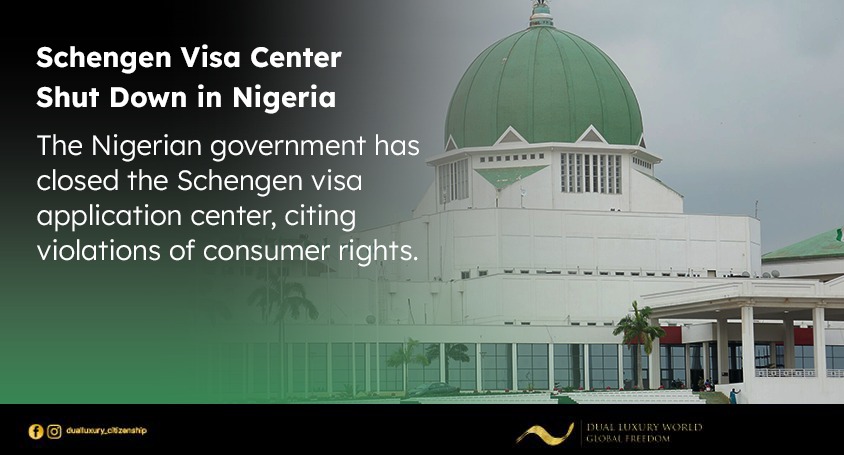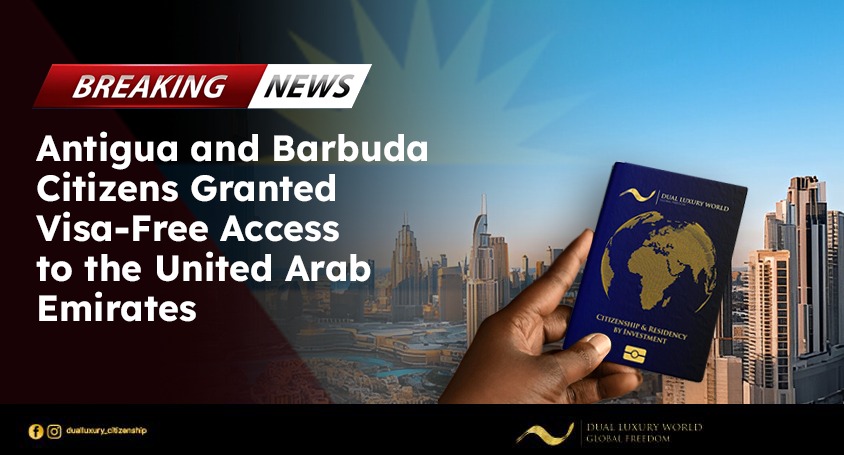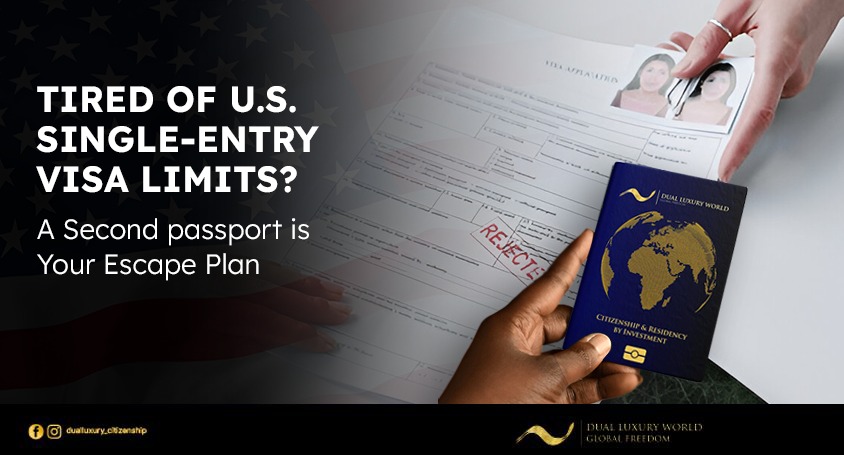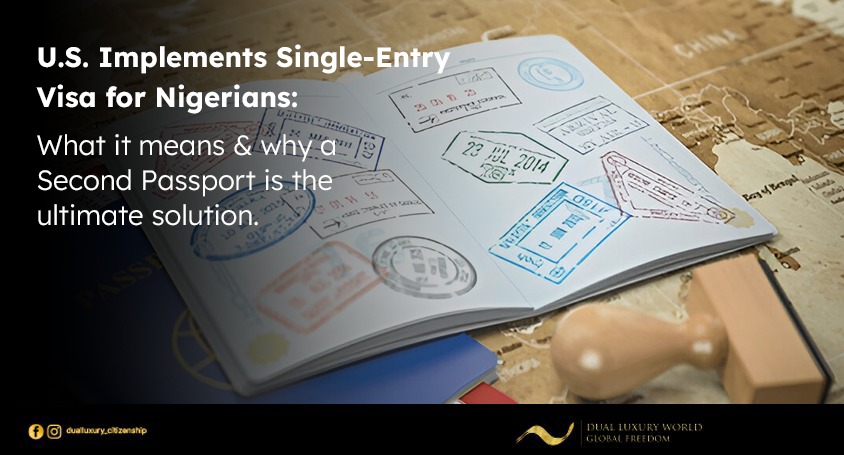
“Visa Crisis in Nigeria: FCCPC Closes TLScontact Abuja Over ‘Exploitative Practices‘ – Is This Justice or More Delays for Applicants?”
The Breaking News
Nigerians applying for Schengen visas have just hit an unexpected roadblock—but this time, it’s not European embassies causing the delay. Instead, Nigeria’s Federal Competition and Consumer Protection Commission (FCCPC) has temporarily shut down the TLScontact visa application center in Abuja, citing multiple violations of consumer rights.
The allegations include:
– Excessive and hidden fees
– Unjustified processing delays
– Lack of transparency in service charges
-Obstruction of an ongoing federal investigation
This drastic move has thrown thousands of visa applicants into uncertainty, with potential delays piling on top of already high Schengen visa rejection rates for Nigerians.
Why This Matters
Schengen visa applications are already a stressful, expensive, and often unpredictable process for Nigerians. With rejection rates hovering around 40-50%, applicants rely on visa processing centers like TLScontact (which handles applications for France, Germany, and other Schengen countries) to ensure smooth submissions.
But now, the FCCPC’s shutdown raises critical questions:
-Are visa service providers exploiting desperate applicants?
-Will this move force much-needed reforms, or just add more bottlenecks?
-What should affected applicants do next?
Inside the FCCPC’s Crackdown
The FCCPC’s investigation revealed several troubling practices at TLScontact’s Abuja center:
1. Excessive & Unjustified Fees
Many applicants reported being charged far beyond the standard visa fees, with additional “service charges” that were not clearly explained. Some claimed they were pressured into paying for “premium services” just to secure appointment slots.
2. Deliberate Processing Delays
Applicants faced unnecessary delays, with some waiting weeks or months for basic updates—raising suspicions that TLScontact may have been artificially prolonging processes to upsell “expedited” services.
3. Lack of Transparency
Key information, such as fee breakdowns, processing timelines, and refund policies, was allegedly withheld or misrepresented, leaving applicants in the dark.
4. Obstruction of Investigation
Perhaps most damning, the FCCPC accused TLScontact of refusing to cooperate with its probe, including failing to provide requested documents and records.
What This Means for Schengen Visa Applicants
If you’re currently applying for a Schengen visa through TLScontact Abuja, here’s what you should know:
Immediate Impact
All operations at TLScontact Abuja are suspended until further notice.
Applicants may need to reschedule appointments at other centers (like Lagos) or wait for updates.
Some embassies might redirect applications to alternative providers—stay tuned for official announcements.
Long-Term Consequences
Possible reforms in visa processing fees and transparency.
Stricter oversight on third-party visa service providers.
Potential delays as the system adjusts.
Is This Accountability—Or Just More Problems?
While the FCCPC’s move is a bold step toward protecting Nigerian applicants, it also risks creating more chaos in the short term.
The Good:
-Exposes exploitative practices in the visa application industry.
– Sends a strong message to other service providers to comply with regulations.
– Could lead to fairer, more transparent pricing for applicants.
The Bad:
– Thousands of applicants now face uncertainty and potential delays.
– Possible backlogs at other centers (like Lagos) as demand shifts.
– Risk of embassies becoming even stricter with Nigerian applicants.
What Should Affected Applicants Do Now?
Check TLScontact’s official website for updates on Abuja operations.
Contact the relevant embassy (France, Germany, etc.) for guidance on alternative submission methods.
Monitor FCCPC announcements for further regulatory actions.
Consider legal options if you’ve been unfairly charged or delayed.
The FCCPC’s shutdown of TLScontact is a wake-up call for the visa processing industry in Nigeria. While it may cause short-term disruptions, it could also pave the way for a fairer, more efficient system—if properly enforced.
For now, Nigerian travelers must brace for potential delays, but there’s hope that this crackdown will lead to better protections for future applicants.
How Can Dual Luxury World Help?
The recent shutdown of TLScontact in Abuja highlights the frustrations and unpredictability Nigerian travelers face when relying on traditional visa processes. Lengthy delays, hidden fees, and high rejection rates make the Schengen visa application a daunting hurdle—but what if there was a way to bypass these challenges entirely?
At Dual Luxury World, we offer a smarter solution: second citizenship and visa-free access to Europe, the UK, and over 140 countries. No more endless appointments, exploitative fees, or anxiety over rejections. Instead, we help you secure global mobility and freedom through legal residency and citizenship programs—turning the dream of seamless travel into a reality.
Why keep struggling when you can own the privilege of hassle-free access?
📩 Contact us now for a free consultation—before your options shrink further. The world shouldn’t be locked behind unfair barriers. Let’s open the right doors for you.







